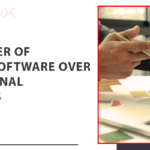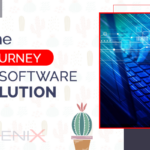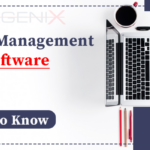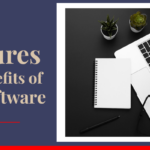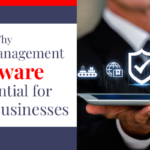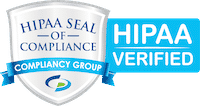Claims Software vs. Traditional Methods: Why Making the Switch Matters
April 8, 2024
Health insurance Claims management software is a tool used by healthcare organizations and insurance companies to manage the process of filing and processing insurance claims. The software automates and streamlines many of the manual processes involved in claims management, including data entry, eligibility verification, and claims submission. Health insurance claims software typically includes features such as:
Claims processing: The software should have the ability to process claims electronically, including medical and pharmacy claims.Eligibility verification: The software should verify patient eligibility before processing a claim, ensuring that the patient is covered by the insurance policy.
Real-time adjudication: The software should be able to adjudicate claims in real time, providing immediate feedback to the provider on the status of the claim.
Reporting and analytics: The software should provide detailed reports and analytics to help healthcare organizations and insurance companies identify trends and areas for improvement.
Compliance and security: The software should comply with all relevant healthcare regulations and ensure that patient data is kept secure.
By automating many of the processes involved in claims management, health insurance claims management software can help reduce errors, improve efficiency, and ultimately save time and money for healthcare organizations and insurance companies.
How to choose the best company for claim software?
Choosing the best company for claims software can be a daunting task, but here are some factors to consider:
- Reputation: Look for a company with a good reputation in the healthcare industry. Check online reviews, ask for references, and research their track record of success.
- Features: Determine what features and functionalities are important to your organization. Look for software that has the features you need to manage claims efficiently, such as automated claim processing, real-time data analytics, and customizable workflows.
- User-friendliness: The software should be user-friendly and easy to use, with an intuitive interface that requires minimal training. Make sure the company offers training and support for their software.
- Integration: Choose a software that can integrate with your existing systems, such as your electronic health records (EHR) system, billing software, and accounting software.
- Security: Look for a company that takes security seriously, with robust data encryption, secure backups, and compliance with HIPAA regulations.
- Pricing: Consider the cost of the software, including any licensing fees, maintenance fees, and support fees. Make sure you understand the pricing structure and any hidden costs.
- Customer service: Choose a company that offers responsive customer service and technical support, with a dedicated support team available to help you with any issues that arise.
By considering these factors, you can choose the best company for claim software for your organization.
